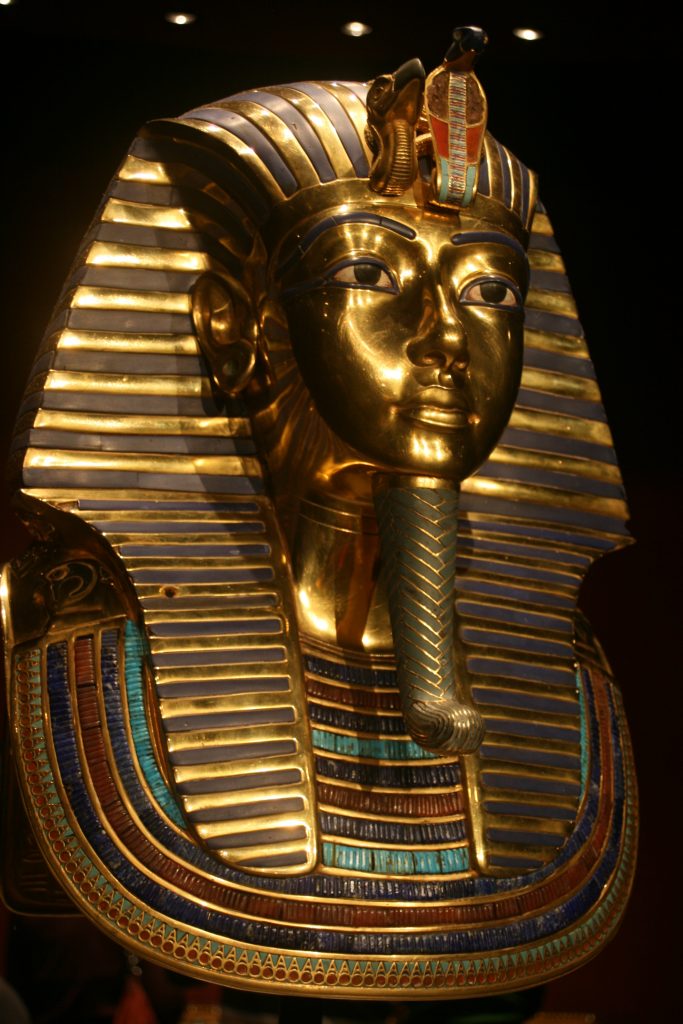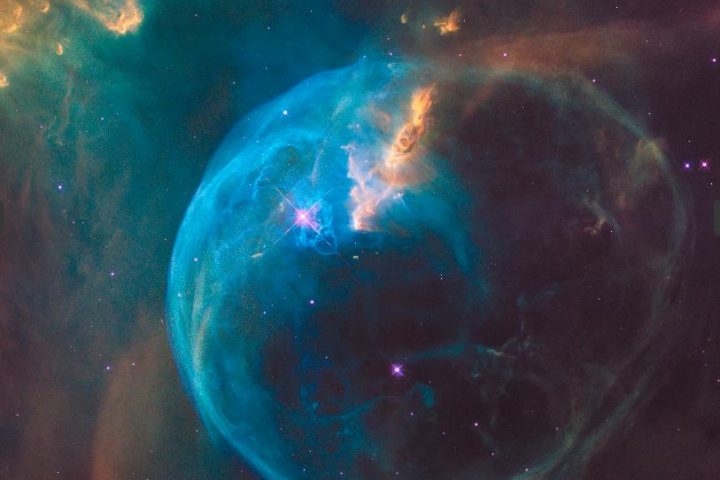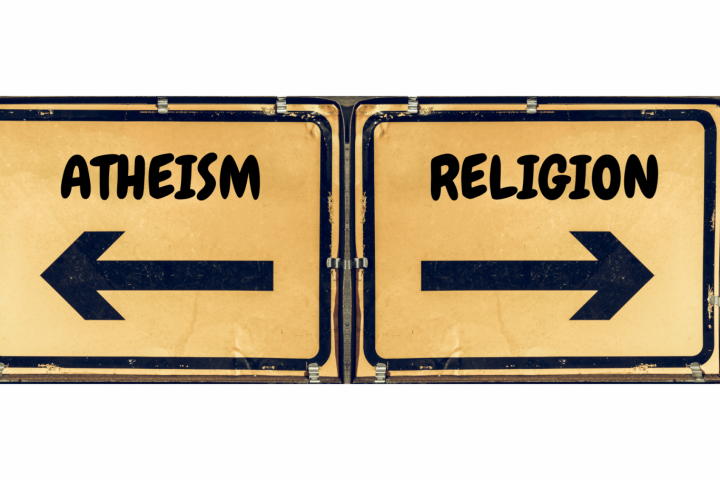Almost every time we hear the phrase – bone of my bones and flesh of my flesh, what comes to mind is a wedding scene – celebration of love in a beautiful garden with a clergyman and the couple, their family, and friends. Is it always so?
Is there a possibility that it admits something else we are familiar with but haven’t really given a thought to? It rings true and is closer home for every human being on the surface of the earth; than it is exclusive to the married. This article brings to light the other angle you never thought of.
Bone of my bone, flesh of my flesh! Those would be his first words to his new mate. Who would have thought? He saw her flesh but definitely not her bones, right?
How do we even fault a man who is beholding her lady for the very first time; the beautiful creature that was made from his very rib?
This is the first and probably the most romantic words ever said by a man to his wife.
Clergymen all over the world make reference to this verse of the Bible whenever the wedding of a man and a woman is being conducted.
Yes, it is romantic. However, anyone can use those words to express themselves as long as some human connection is in place.
Just before we explore what it is in the following paragraphs, let me quickly say that it is an expression of a deep human connection. One that always evokes a natural treatment of another with unusual warmth, consideration, and tolerance in any given circumstance.
Adam and Eve
And the rib that the LORD God had taken from the man he made into a woman and brought her to the man. Then the man said, “This, at last, is bone from my bone, and flesh from my flesh!
Here we see Adam’s face lit up in excitement and relief; as if to say, “Finally, I have found something(one) to identify with, someone who looks exactly like me, someone with whom I can intelligently relate.”
She is my kind; she was created from me, for me, and I for her. (Just take a pause and think this through – what else could Adam be saying?)
His words portray and spell out “sameness.” We are one; we are connected; we are equal, made in the likeness of God. Unlike the animals, grass, and herbs, I can relate to this one; we can converse and reason alike. We are of the same bone and flesh.

Here Adam was not expressing any romantic or sexual attraction toward Eve. At the time he spoke those words, there was no other human being or family on the planet. So, he was just saying that; finally, he has someone who looks just like him and with whom he would build his family.
Marriage differs fundamentally from casual romantic love. That is why it is somewhat amusing to say “Bone of my bone, Flesh of my flesh” to someone with whom you are only in a romantic relationship and whom you have not committed to marrying. Human emotions are a tad fickle; a relationship that can be formed and broken up at will is difficult to distinguish from a casual acquaintanceship.
You are probably surprised that this phrase shows up in other parts of the Scriptures. Well, you should wait for the other surprise, as two of the notable scenarios that we will soon examine, don’t suggest romance or marriage. While one was said by one person to another, the other was said by a group of people to only one person.
Follow me.
Laban To Jacob
In the book of Genesis, Laban, the uncle of Jacob, made a similar statement to him on their first meeting.
As soon as Laban heard the news about Jacob, his sister’s son, he ran to meet him, embraced him, kissed him, and brought him to his house. Jacob told Laban all these things, and Laban said to him, “Surely you are my bone and my flesh!”
Clearly, Laban and Jacob are here connected by human love and compassion. Laban deemed this phrase fit for addressing his nephew. This shows the strong sense of belonging that Laban felt compelled to impress on Jacob’s mind. Take note that negotiations for his daughter’s hand in marriage had not even begun yet.
The People Of Israel To David
The people of Israel also made a similar statement to King David at Hebron when they wanted him to be king over them. They were oppressed by enemies, and having witnessed the utter failure of Saul’s house and the death of their leader, Abner, they felt the need for unity under a competent leader.
They give three reasons for their action, one of which is that they are of the same flesh and bone as David, i.e.., they are of such common descent that they cannot form separate nations
Then all the tribes of Israel came to David at Hebron and said, “Behold, we are your bone and flesh.”

A comparison of all three historical events reveals a pattern of expression, which is people acknowledging their bond and similarity to one another. It’s more like a shared connection.
What Laban meant to say was that Jacob is related to him by blood, so he is considered a part of him.
What Israel also wanted to tell David was that he was one of them and not a stranger.
Conclusion
You’ve just seen how people in the past understood it in a specific way. We cannot in good conscience impose our idea on its original meaning or worst still reduce it merely to a romantic line.
There is no doubt that it can be such a romantic thing to say to one’s spouse, but then it is not simply all that.
This phrase is thus an acknowledgment of some kind of deep connection, some form of recognizing another human being as a part or extension of oneself, either by blood, communal relations, or similar characteristics that are too deep to dismiss.
Hence, it is befitting for not just a married couple; it also describes kinship, family ties, connection, and common lineage.
We see a microcosm of Adam and Eve at creation in several units and variations of familial relationships that exist all over the world.
SO
A random Nigerian is my bone and flesh to the extent that someone of another nationality is not.
My spouse is my bone and flesh to the extent that your spouse isn’t.
Another human, regardless of race, color, culture, and orientation, is my bone and flesh to the extent that animals or mermaids are not.
My sons are my bone and flesh to the extent that yours are not.
In the end, it all boils down to contextual usage.




